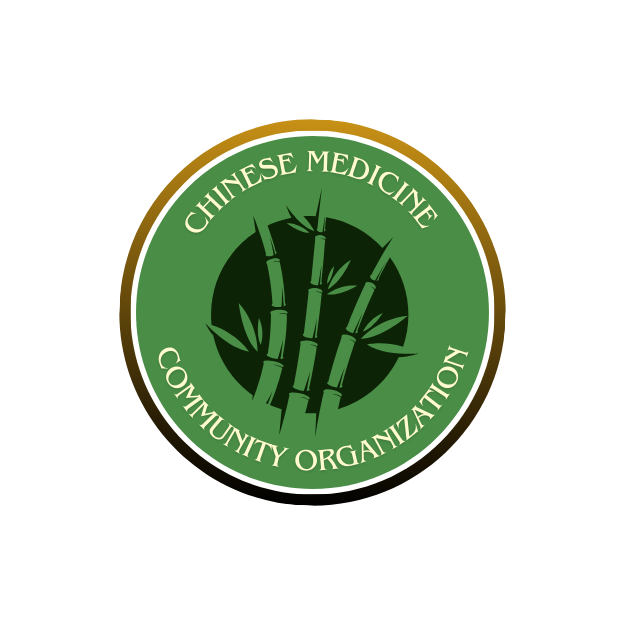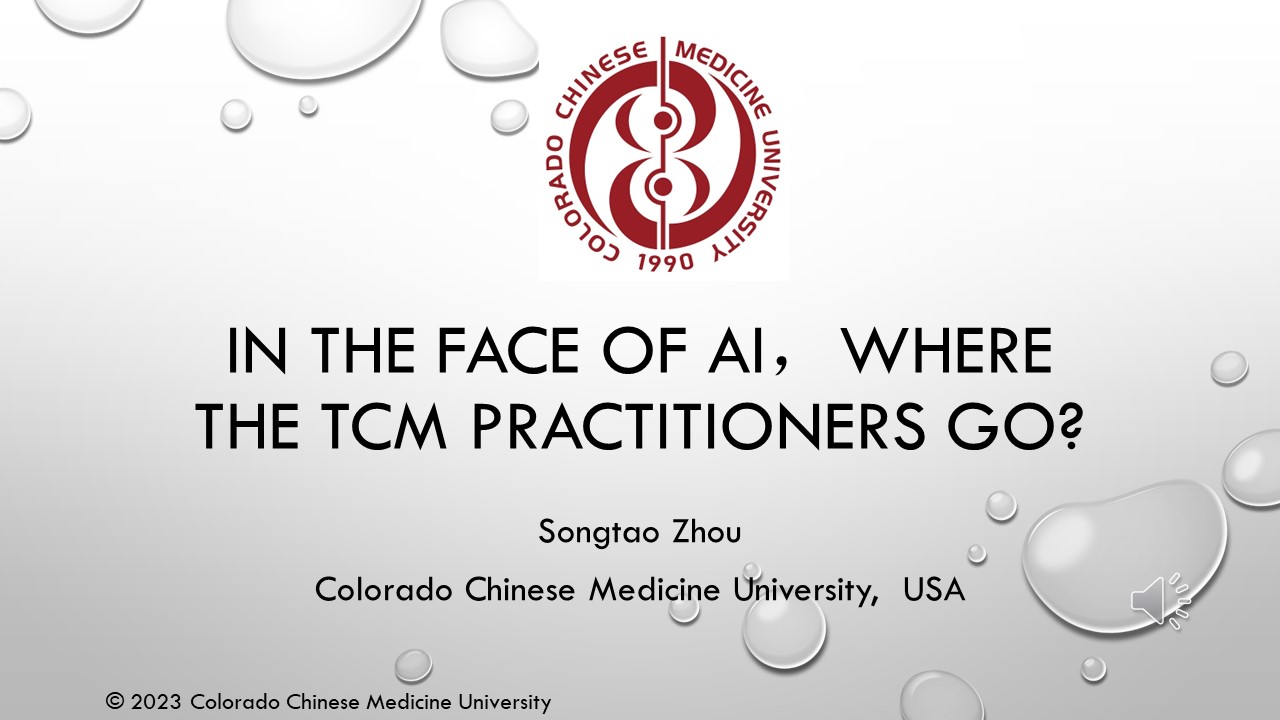By Songtao Zhou, CEO, Colorado Chinese Medicine University
Songtao Zhou is the Chief Operating Officer of the Colorado Chinese Medicine University in the United States. He graduated from Renmin University of China and Beijing Institute of Technology, holding fifteen invention patents, including four as the first inventor and three as the second inventor. Over the past decade, he has been dedicated to the development of traditional Chinese medicine (TCM) education. Innovatively, he approaches the theoretical study of TCM from interdisciplinary perspectives such as mathematics, physics, and cosmology. This comprehensive research method contributes to expanding the public’s understanding of TCM and revealing its profound essence.
Abstract: AI is rapidly advancing in various industries, including the medical field. In the field of traditional Chinese medicine (TCM), AI has the capability to replace aspects of visual diagnosis, inquiry, and some pulse diagnostics. Through autonomous learning, AI can even reach the level of mid to high-level TCM practitioners. In this context, how TCM practitioners can develop and grow to avoid being replaced by AI is an urgent question for us in the TCM profession.
The author analyzes the learning characteristics of AI and the unique aspects of TCM. It is pointed out that the ultimate principle of TCM is described in the “Huangdi Neijing” as “regulating the deficiency or excess of Qi, sedate if it is excessive, tonify if it is insufficient, without asking about the disease, aiming for balance.” Based on this, the author proposes the Qi system of TCM alongside the symptom system.
The author, at the Colorado Chinese Medicine University in the United States, applies both systems to practical teaching. Through a comparison of practical clinical data, it is confirmed that concurrently studying the symptom system and Qi system significantly improves clinical efficacy compared to only studying the symptom system. In doing so, the author has found a path beyond AI.

